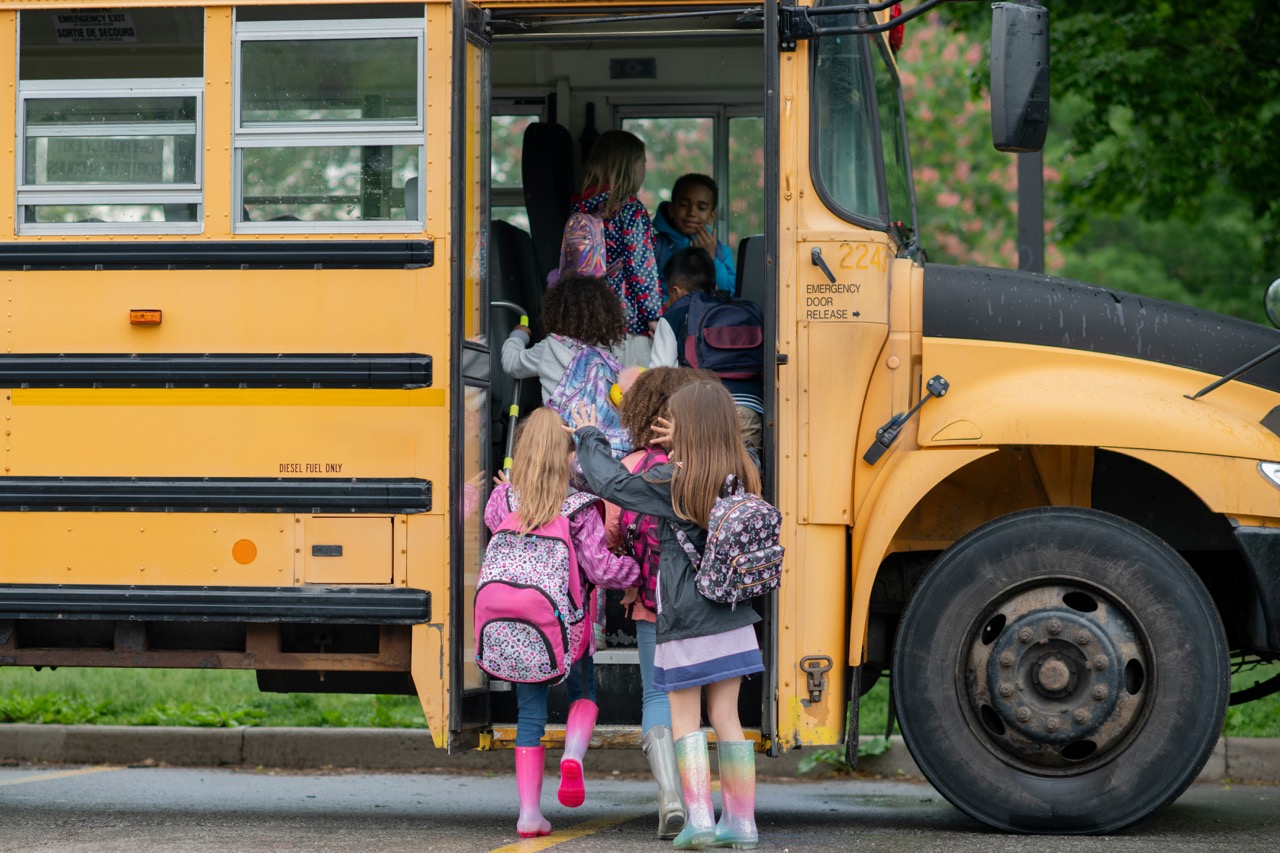This post is part of a series where our team of child mental health professionals answer real questions submitted by readers like you. This post deals with worries. Please take care when reading.
One parent recently wrote in with a question about their daughter’s behavior. Here is their question, and an answer from our team of child mental health experts.
“When a big event is coming in my daughter's life, especially something she’s excited about (like the end of the school year or a family vacation), she tends to start acting up. She gets distracted, neglects her chores, acts sassy and doesn't sleep as well.
It's almost like she gets stressed out, even if it's something good she's looking forward to. How can I help her recognize this pattern and work through this?”
- A., California
Thank you for reaching out to Little Otter with your question. Your daughter is very lucky to have a mother who is so attuned to her emotions and changes in her behavior.
The pattern that you describe is not unique to your daughter; it can be a fairly common reaction in children, adolescents, and even adults.
When big events are on the horizon (e.g., holidays, trips, parties), these moments take us out of our daily routines, and they can provoke some angst due to the novelty and uncertainty. For example, consider a family leaving for vacation. There may be a lot of planning and stress that goes into preparing to leave—making arrangements for pet care, alerting employers, packing, making sure everything is in order.
The irony is that many people feel an increase in stress as they plan to go away to de-stress.
I could provide further examples, but I am sure you understand the point I am trying to make. By the way: this is even confirmed by research: Physiologically, excitement and anxiety are very similar.
It is likely that your daughter is experiencing some level of stress related to the unknown.
While she is joyful and excited, the activity or event is also causing her to feel some angst. These events are a change in the structure and consistency she normally experiences.
In order to best support your daughter in managing some of her distress, I would recommend spending additional time priming her.
Knowing more about what to expect and having specific details ahead of time can reduce worry and fear. For example, once you have a vacation planned, you can do some research about the location, plan or schedule what a certain day may look like, and even look at pictures of accommodations, sites, etc. It may also be helpful to keep a calendar with key dates clearly marked (e.g., arrival, first day, last day, departure). Using pictures and other visuals is a great way to reinforce her understanding of the plan.
Finally, depending on your daughter’s age, you may want to have a developmentally appropriate conversation with her regarding the pattern you are noticing.
For example, you might ask her if there is anything that you can do to help her feel more comfortable about the upcoming trip. Ask her if it would it be fun to sit down and learn more about “x” together, so you will both know what to expect. Asking these types of questions should also help you learn additional information regarding her stress and where she might be having more difficulties.
Take care and good luck to you and your daughter.
in this article
.avif)

%20Large.jpeg)

.jpg)
.jpg)








.svg)

